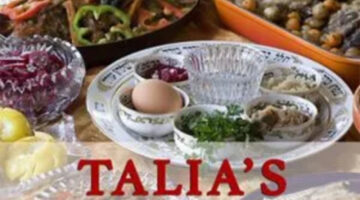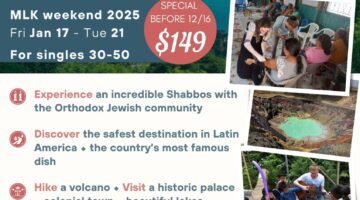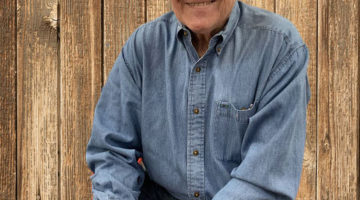San Juan, Puerto Rico:
Although some islands in the Caribbean, like Curacao and St. Thomas, have more than a century-old Jewish roots (and the shuls to prove it), Puerto Rico’s community is relatively new on the scene. Shaare Zedeck (a part of the JCC of Puerto Rico) is located in the Miramar neighborhood of San Juan. It is one of three resident shuls in the tropical paradise, but it is the oldest and takes a lead role in Jewish affairs. The shul was started in the early 1950’s by a group of American military personnel stationed in San Juan. When commerce between the US and Puerto Rico increased, more businesspeople settled. Before the decade closed, the current building was purchased and has since gone through three renovations and expansions. The final piece of the puzzle was an influx of Jubans (that would be Jewish-Cubans) in the 1960’s. The Cuban influence promoted a more religious and Zionistic identity for the shul, which persists today. There is currently no rabbi, but the congregation is in the capable hands of Diego Mendelbaum, an Argentinian who spent many years in Yeshiva. There are about 1500 Jews on the island, but the shul sees only 20 men and women coming together to make minyan on Mondays and Thursday. A Shabbat brings in between 35 and 60, though 300 people are expected for Yom Kippur when the services will be lead by a Chazzan flown in from Uruguay. In a recent sermon, Mr. Mendelbaum compared the Yamim Noraim to an island in time and an opportunity to realize the many blessings in our lives. He encouraged the community to be strong and remain optimistic, even though their numbers have been somewhat in decline. The shul uses Ashkenazic siddurim, but Mr. Mendelbaum reads the Torah in Sephardic nusach, and announcements are delivered in both English and Spanish. Women are allowed certain lead roles in the services, including reading Haftorah. Mr. Mendelbaum said that the essential purpose of the shul is to build Jewish identities. He said the intermarriage rate is extremely low because of it. Most of the children attend Young Judea camps in North Carolina or New York while also studying for a year in Israel post-high school, and there is Lunch and Learn on Thursdays for adults.








